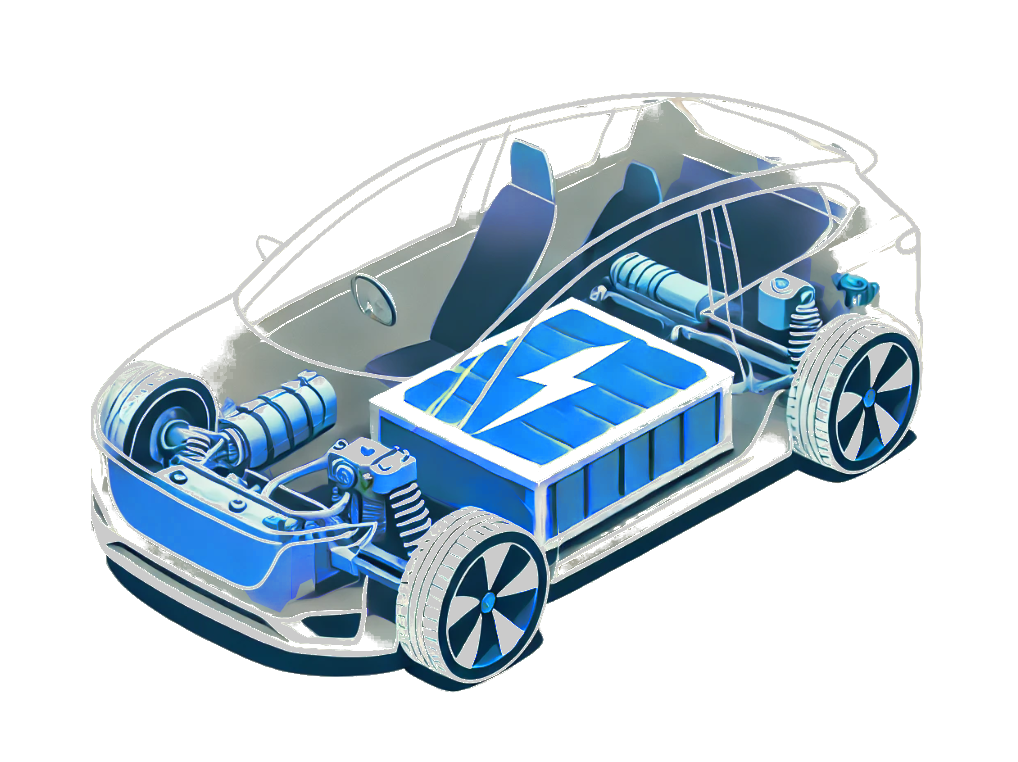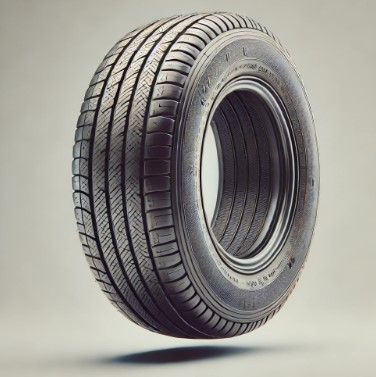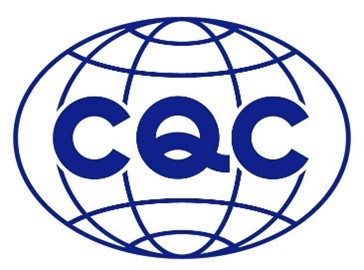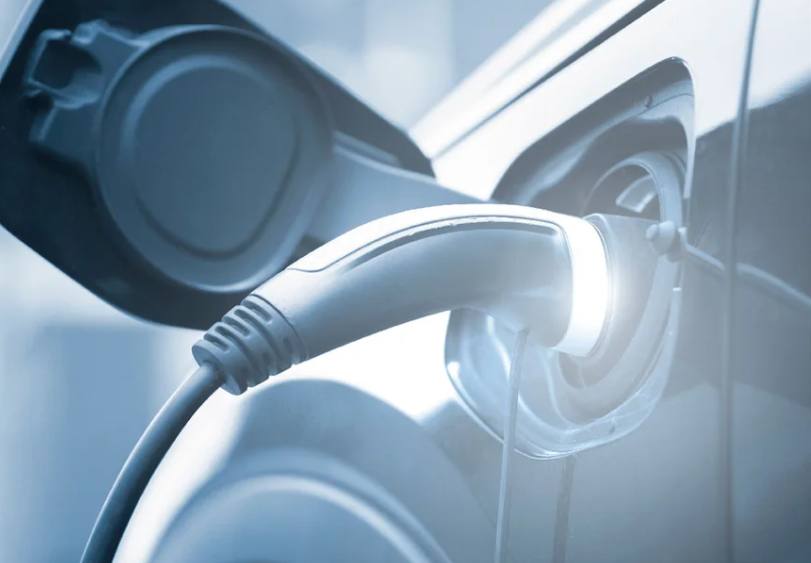China is a global driver of innovation and a pioneer in e-mobility
30. October 2018The country continued to maintain its role as the leader in sales and registration numbers for electric vehicles. In the first half of 2018, every second electric car produced worldwide was sold to Chinese customers. The interest in electric vehicles in China remains strong and much higher than in western countries. According to a survey, 65% of potential car buyers in China are considering buying an electrically powered vehicle. The poll numbers in Germany, France and the US are only 25, 30 and 20 percent respectively.
Experts explain the good reputation of electric vehicles with the fact that many Chinese so far have no vehicle and therefore prefer the new drive concept without prejudice or eventual habituation to an internal combustion engine. In addition, many are already used to electrical mobility because since 2001, the number of electric scooters has increased to 60 million and every year add another 20 million. Small vehicles with internal combustion engines have been banned for some years in almost all Chinese cities.
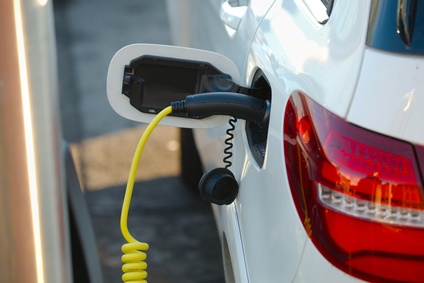
The infrastructure for electric vehicles is also massively expanding across the country. The number of charging stations has more than doubled within one year and is now at an average of 5.7 stations per 100 km, ahead of Germany and France with 4.5 and 2.3, respectively. Here, German companies such as Siemens or Phoenix Contact are already working together successfully with the State Grid Corporation of China (SGCC).
China is also innovative in the area of autonomous and connected driving. Recently, the government has granted German auto companies permission to test autonomous vehicles on the streets of Beijing and Shanghai. In addition, there are initiatives to connect vehicles with each other and with mobile devices and smart street signs. Chinese companies, young startups and university spin-offs, with the support of the government and international investors, are trying to challenge the supremacy of American IT and technology companies such as Google’s Alphabet, Uber or Tesla. The taxi and car sharing provider Didi Chuxing has raised more than $ 4 billion in investor funds over the last two years, ahead of rivals Grab from Singapore and Lyft and Uber from the US. Many goods sold in China must obtain a China Certification (China Compulsory Certificate CCC).
For more information on how CCC certification may affect your company, or for more information about CCC certification in general, the process, and the associated costs, please visit our website and our News Section where you will find current updates twice a week.
Please do not hesitate to contact us for further details and consultation. You can contact us via e-mail, or call us (UK: +44 2071931135, Rest of Europe: +49 69 2713769150, US: +1 773 654-2673).
You can also check out our free CCC-Brochure, which can be downloaded right here as a PDF file or you consult our book (in English) “A Brief Guide to CCC: China Compulsory Certification”, which can be found directly hier on Amazon.





